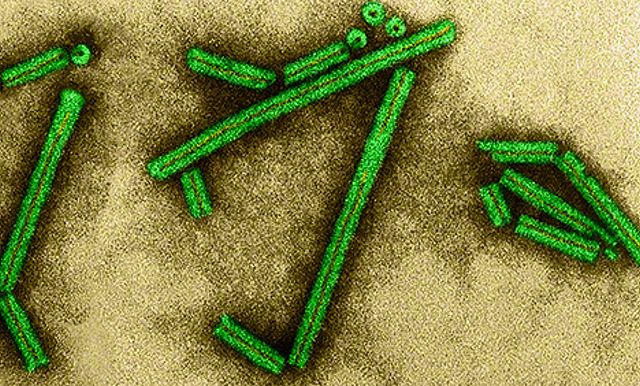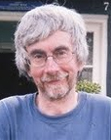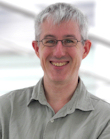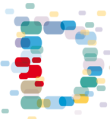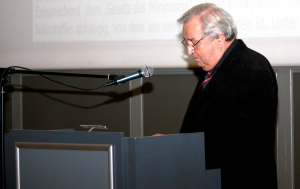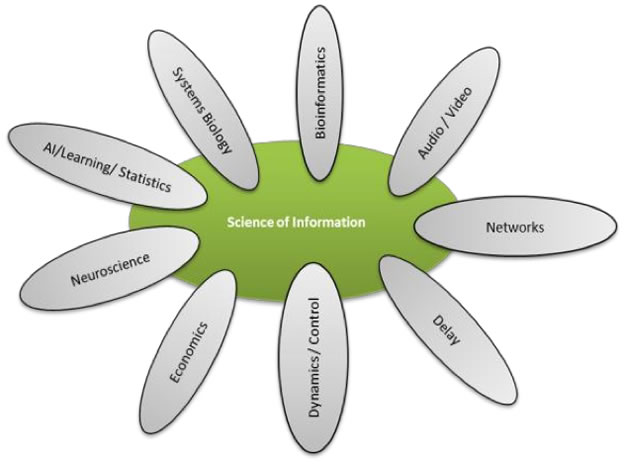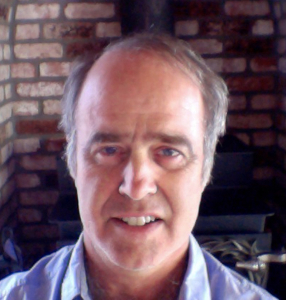
Terry Deacon (selfie)
Terrence Deacon is Speaker at the Summit. After the “Symbolic Species” he published in 2012 an impactful 600 pages book – “Incomplete Nature: How Mind Emerged from Matter” – in which he, as a (natural) scientist, applies, and finds new, insights in complex systems as a tool for interpreting facts that we know about the self-organisation of matter from physical entities via life up to the human mind. Several terms appear in that book you might be unfamiliar with like “absentials”, “ententionality”, “teleodynamics”. Read a review here. See his cv here.
Terry Deacon will speak about: How information lost its meaning (and how to recover it).

Bob Logan
Afterwards, Robert K. Logan will hold a conversation with him. Bob Logan had worked with Marshall McLuhan, has written books on the emergence of language, human mind, culture, the internet, and his most recent book project is “What is Information?” in which he fleshes out an idea he first published in an article in collaboration with Stuart Kauffman: information in biosystems is not what Shannon talked about but propagation of organisation. The core concept here is that of constraints. See his cv here.
So we can look forward to an in-depth discussion of basic concepts relevant for grasping what is called information. Keynote and discussion will be scheduled for the first day.
Bob Logan will also have a talk on his own later on. He just fixed the title: The Applications of Teleodynamics to Social Systems.
He says about his talk: “I attempt to extend Terry Deacon’s notion of teleodynamics to culture, language, organization, science, economics and technology (CLOSET). This is a highly speculative unauthorized extension of Deacon’s idea which I present as a probe ala Marshall McLuhan by which I mean it is a way to examine some interesting questions of the way the members of CLOSET set seem to act in their own self-interest.”

